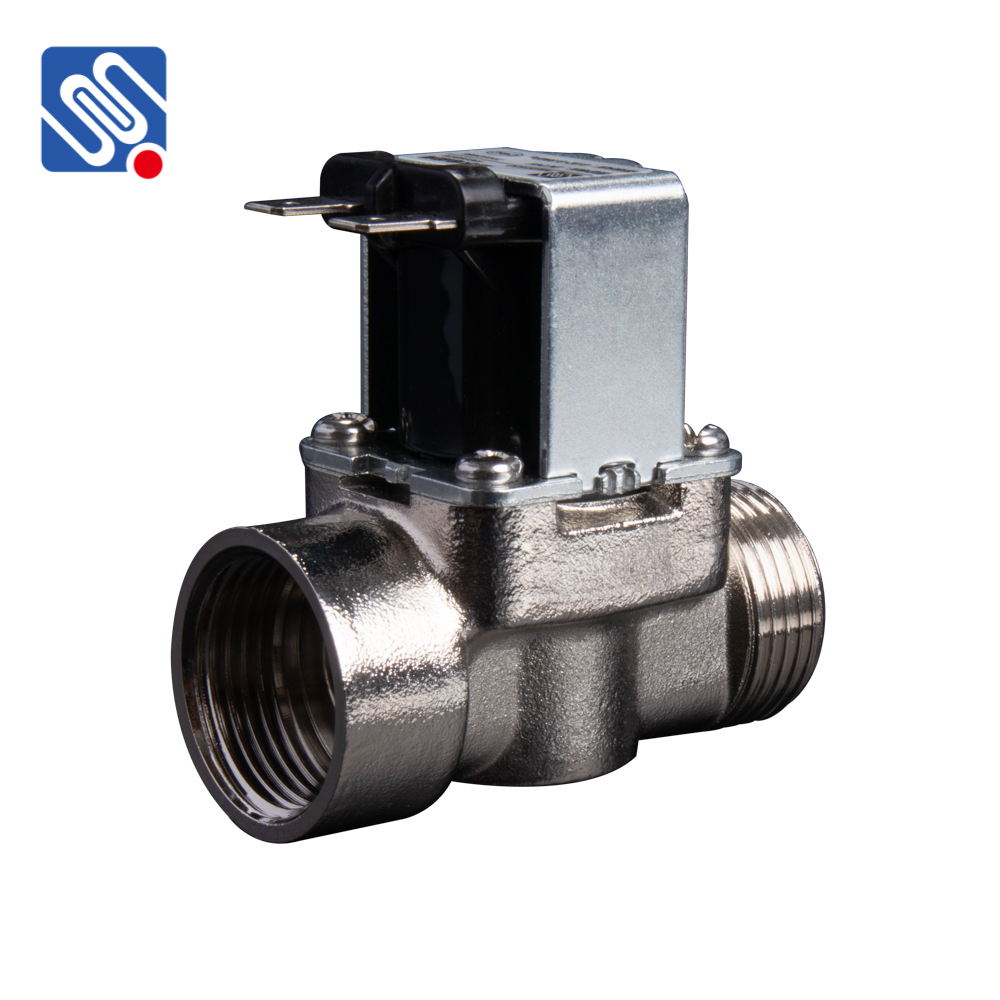Hot Water Solenoid Valves (HWSVs) play a crucial role in modern heating and water control systems. These electrical components are designed to automatically regulate the flow of hot water in various applications, from household appliances like dishwashers and washing machines to industrial water heating systems. As homes and industries increasingly rely on automation, the importance of reliable and efficient control over water systems cannot be overstated. In this article, we will explore what Hot Water Solenoid Valves are, how they work, their benefits, and the different factors to consider when choosing one for your system.

What is a Hot Water Solenoid Valve? A Hot Water Solenoid Valve is an electrically controlled valve that uses electromagnetic forces to open or close a water passage. These valves are designed to regulate the flow of hot water in pipes, systems, or appliances, ensuring that water is allowed to pass only when necessary. When the solenoid valve is powered, it activates a magnetic field that moves a plunger or piston inside the valve, either opening or closing the valve. The valve’s position directly influences the flow of hot water, allowing for precise control over water usage. How Does a Hot Water Solenoid Valve Work?